Tag: veto
-
Governor Glenn Youngkin (R) vetoed most election bills of any governor in the first half of 2024
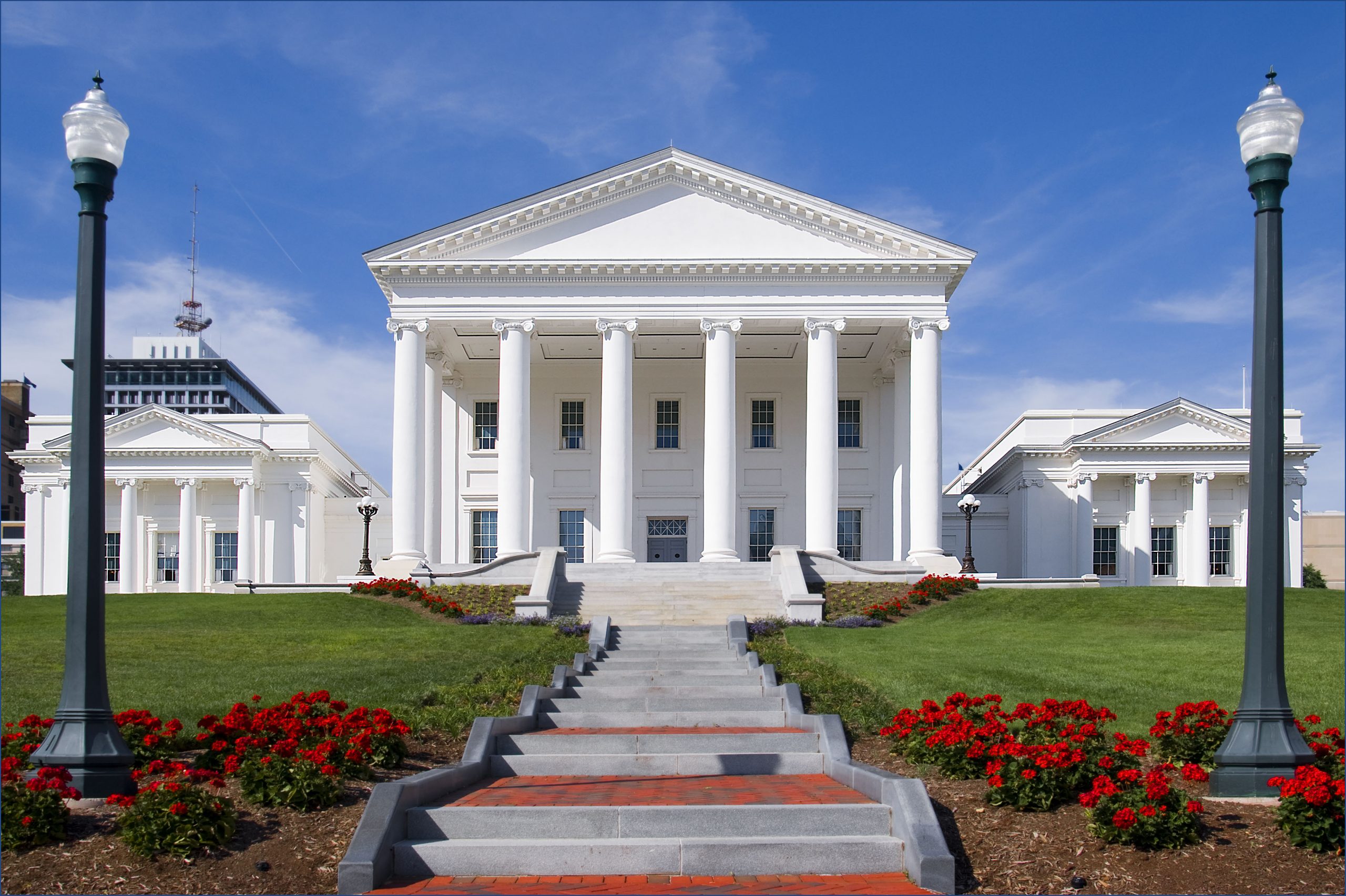
Thirty-eight bills related to elections passed both chambers of the Virginia General Assembly in the first half of 2024. Gov. Glenn Youngkin (R) vetoed 13 of these, the most vetoes of election-related legislation by any governor during the period. Despite the vetoes, the 25 new laws related to elections adopted this year are the most of any state with a divided…
-
Kentucky lawmakers override Gov. Andy Beshear’s (D) veto of bill removing the governor’s authority to fill U.S. Senate vacancies
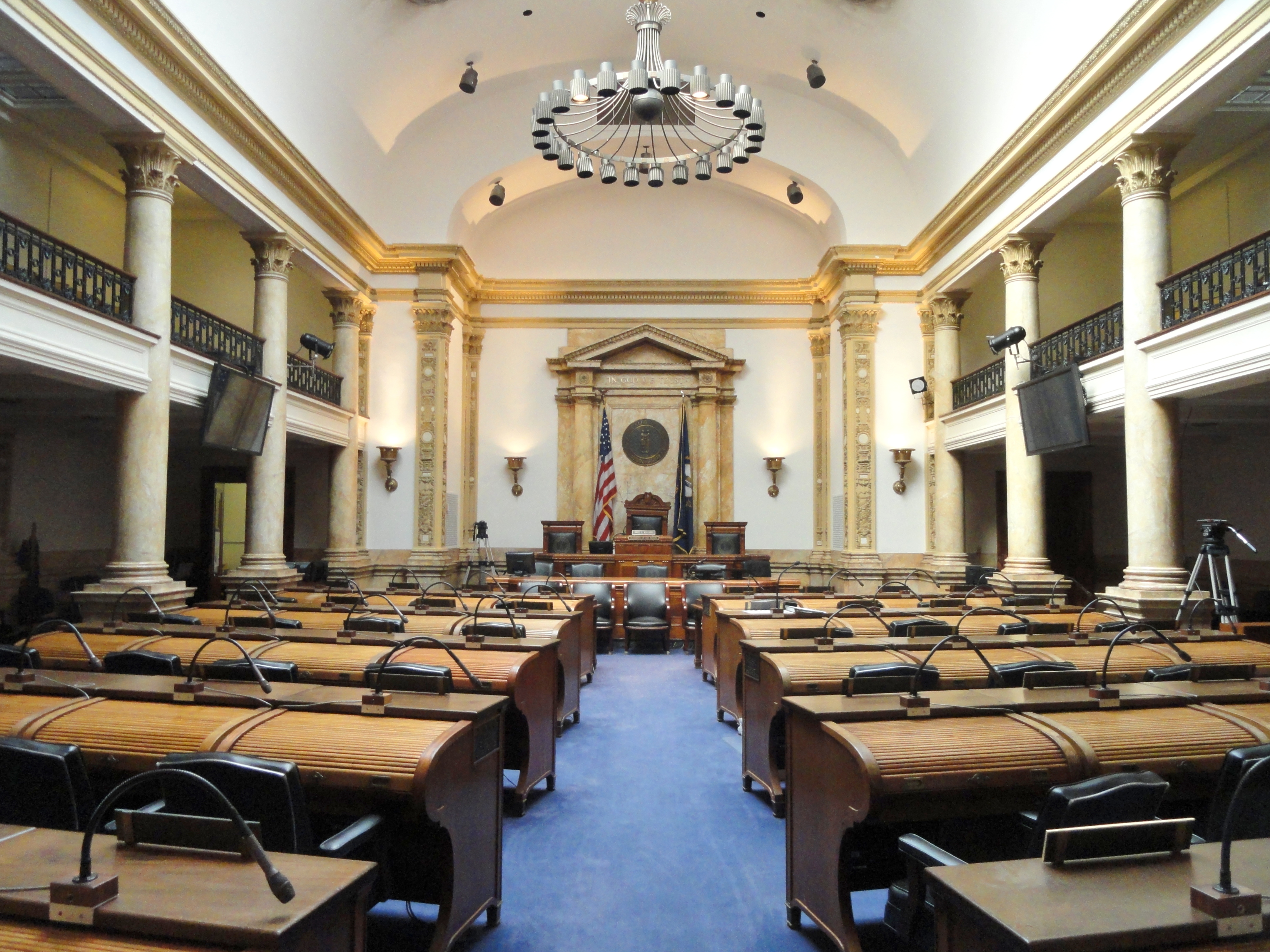
On April 12, lawmakers in the Republican-controlled Kentucky Legislature overrode Gov. Andy Beshear’s (D) veto of House Bill 622. The bill amends Kentucky law “to require the Governor to sign a proclamation for an election to fill a vacancy in the office of United States Senator” and “extend the term of the candidate who wins…
-
Maine governor vetoes indirect initiative prohibiting foreign election spending, could be on Nov. ballot
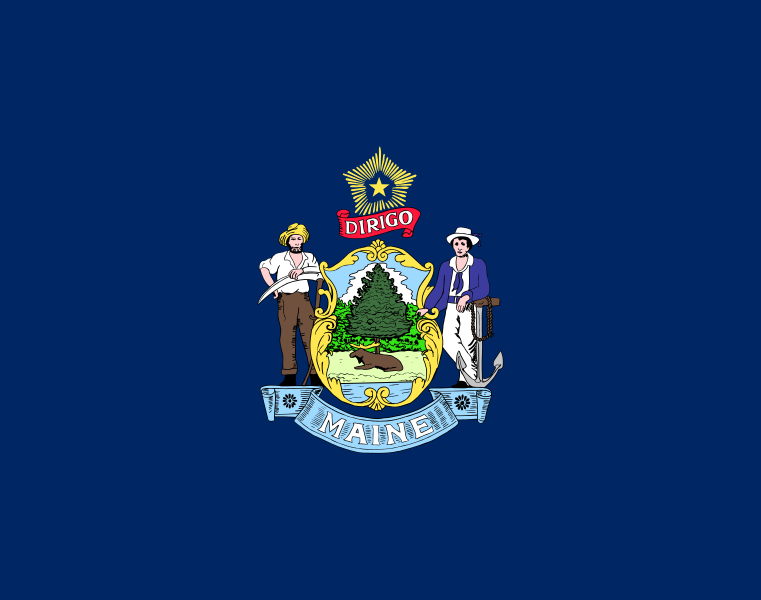
Maine Gov. Janet Mills (D) vetoed an indirect initiative that would prohibit election spending by foreign governments, including entities with partial government ownership or control, on July 19, 2023. Voters will decide on the indirect initiative on Nov. 7, 2023, unless the Legislature overrides the governor’s veto. In Maine, citizen-initiated state statutes must meet a…
-
Oregon is the only state where the legislature cannot impeach the governor. Voters will decide on an amendment to change that in 2024.

There’s one state where the legislature cannot impeach the governor — Oregon. That could change on Nov. 5, 2024, when voters will decide on a constitutional amendment to empower the Oregon State Legislature to impeach and remove elected state executives, including the governor. The constitutional amendment would require a two-thirds vote in the House to…
-
Biden vetoes congressional resolution that sought to nullify D.C. policing law
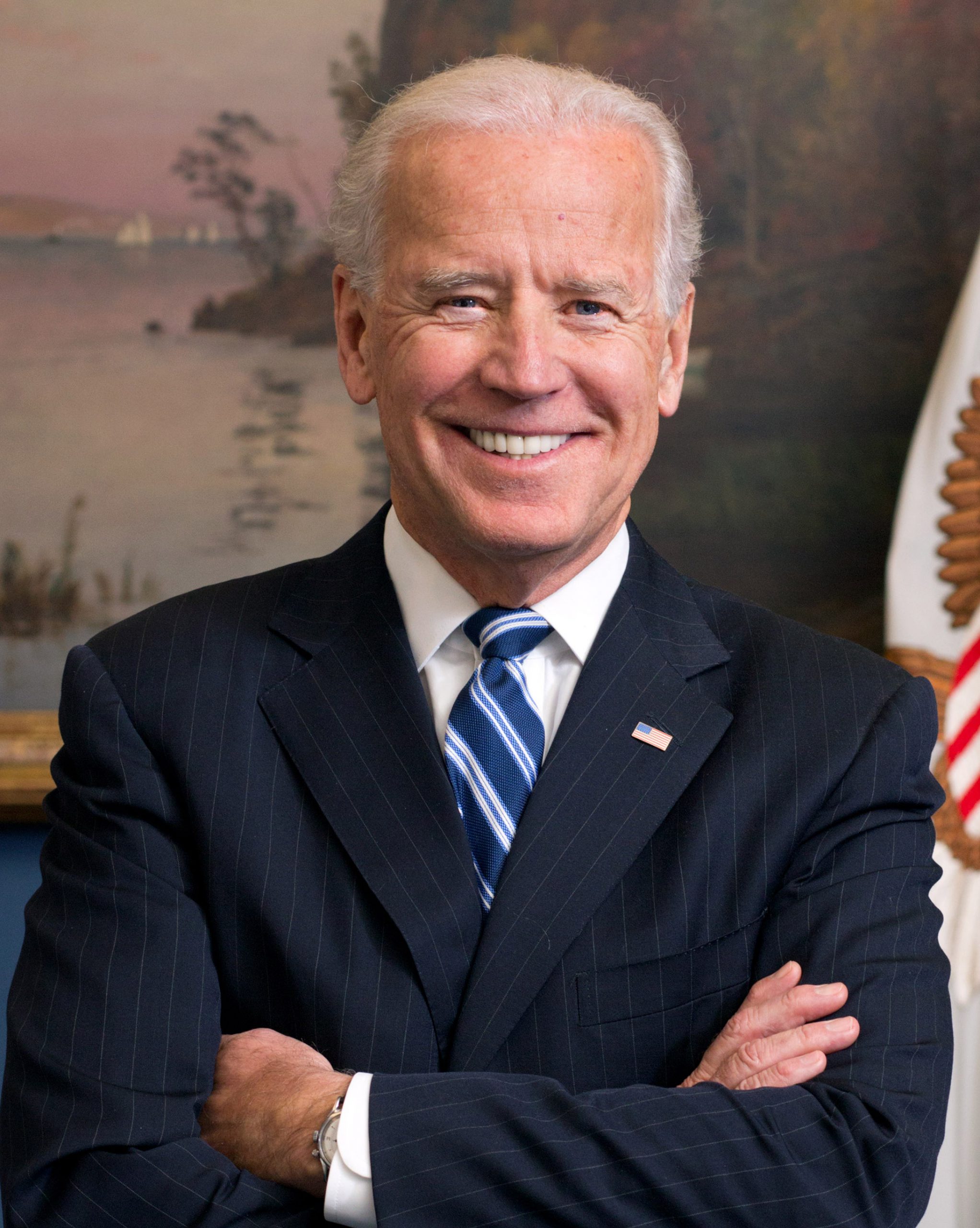
On May 25, 2023, President Joe Biden (D) vetoed H.J.Res.42 – Disapproving the action of the District of Columbia Council in approving the Comprehensive Policing and Justice Reform Amendment Act of 2022. This was the fourth veto of his presidency. H.J.Res.42 was a joint resolution of disapproval under the terms of the District of Columbia Self-Government…
-
Biden issues third veto of his presidency to maintain suspension of solar panel import tariffs

President Joe Biden (D) vetoed the third bill of his presidency on May 16, 2023. Biden vetoed H.J.Res.39, a joint resolution of disapproval under the terms of the Congressional Review Act (CRA) that sought to void a Department of Commerce rule suspending some tariffs on solar panel imports. In his veto message, Biden said, “I…
-
North Dakota Senate sustains Gov. Burgum’s (R) veto of HB1273
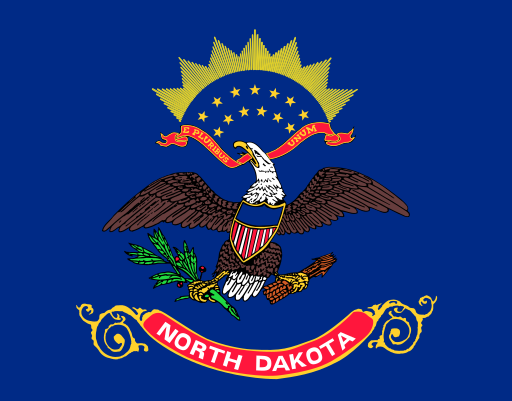
The North Dakota State Senate voted to sustain Gov. Doug Burgum’s (R) veto of HB1273 on April 19, 2023. The bill would have prohibited the use of approval or ranked-choice voting methods in the state. Twenty-eight Senators voted to override the veto while 19 voted to sustain. In the North Dakota Senate, a two-thirds majority…
-
North Dakota House passes veto override on ranked-choice voting prohibition

The North Dakota House of Representatives voted on April 10, 2023, to override Gov. Doug Burgum’s (R) veto of HB1273. The bill would ban the use of ranked-choice and approval voting methods in the state. Ranked-choice voting is an electoral system in which voters rank candidates by preference on their ballots. Approval voting allows voters to…
-
Biden issues second veto of his presidency on Clean Water Act regulation
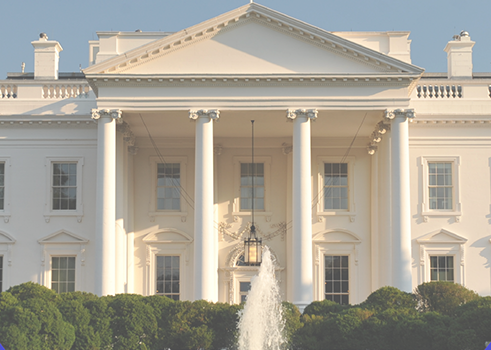
President Joe Biden (D) vetoed the second bill of his presidency on April 6, 2023. Biden vetoed H.J.Res.27, a joint resolution of disapproval under the terms of the Congressional Review Act (CRA) that sought to void an Environmental Protection Agency and Army Corps of Engineers rule from 2023 that specified “which bodies of water fall…
-
Biden issues first veto of his presidency to uphold rule allowing for environmental, social, and corporate governance (ESG) in retirement investing
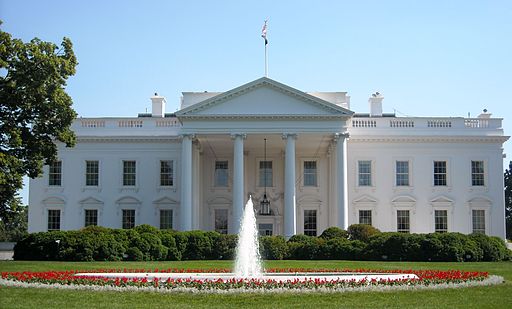
President Joe Biden (D) vetoed the first legislation of his presidency on March 20, 2023. Biden vetoed H. J. Res. 30, a joint resolution of disapproval under the terms of the Congressional Review Act (CRA) that sought to void a Department of Labor rule amending the Employee Retirement Income Security Act of 1974 (ERISA) to…

